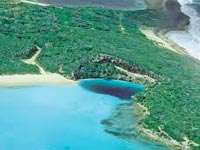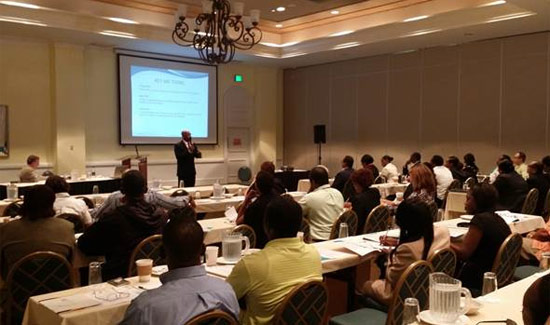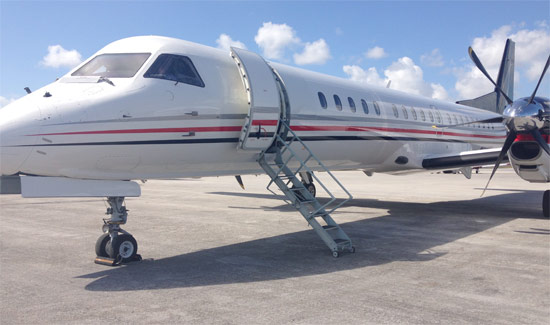The Family Islands are remarkably unfamiliar to many Nassuvians.
We spend millions of dollars to court tourists to our islands. Incentives to encourage local travelers and developers exist but are inadequate.
Even a shopping trip to Miami often costs less than a trip to the Family Islands.
Whether or not our readers agreed with the decision by our present government to hold the first Cabinet meeting outside New Providence last year, it highlighted, albeit under political motivations, the disconnect between Nassau and the rest of The Bahamas.
Consumed by high crime, massive road works and Baha Mar, the happenings on this island (21 miles long by seven miles wide) dominate political discourse. New Providence is home to nearly 250,000 people, accounting for nearly 70 percent of the Bahamian population; so to some its dominance is justified. But to the remaining 30 percent of the country, such Nassaucentric focus is detrimental to development.
New Providence is not representative of the greater Bahamas.
Yet, its inhabitants seem to be experts on Family Island development when foreign investment is involved. This government in particular seems to be drawn to large anchor projects that succeed only in failure, only spurring an initial flurry of jobs before economic catastrophe. Grand Bahama, Rum Cay, Abaco, and now potentially Exuma, suffer the same fate of unemployment and despair when the largest employer shuts its doors.
It is hardly surprising then that The Bahamas has experienced a significant population shift to the capital over the past 50 years, mirroring global rural to urban migration trends.
While a reversal in this trend would be welcomed, policies to encourage resettlement do not offer enough incentive or opportunity.
We cannot expect solely the members of Parliament representing the Family Islands to convey the needs of their respective constituents when those in Nassau rarely travel to the Family Islands. Arguments can be made that it is the job of the Family Island MPs to help fulfill the needs of constituents, but ignorance by the greater New Providence population impedes progress.
The disastrous state of Colonel Hill High School on Crooked Island was largely unknown until it was featured in The Nassau Guardian.
Needed infrastructure repairs and improvements are painstakingly obvious; the Family Islands suffer a great deal. This growing disconnect between the residents of New Providence and the Family Islands is alarming.
Traveling to the Family Islands is a breeze compared with international travel. Yet, unless interisland travel is for business or family, few Bahamians take advantage of the spectacular natural splendors found outside the capital.
Cost is a significant impediment to Family Island vacations. Promotions by Bahamasair and the Ministry of Tourism help, but do little to mitigate add-on expenses such as car rentals, which can cost several hundred dollars for a few days.
Hotels or guest houses are available, but quality standards lag behind U.S. counterparts. And those luxury offerings that are available on Harbour Island, the Exuma chain and Great Exuma are far too expensive for all but the wealthiest Bahamians.
As a nation we are tied to the well-being of our tourism industry. Yet, in our desperation to attract foreign tourists, we have ignored local participation as tourists.
We cannot expect to move forward as “One Bahamas” according to only those who live in New Providence.
– Editorial from The Nassau Guardian



